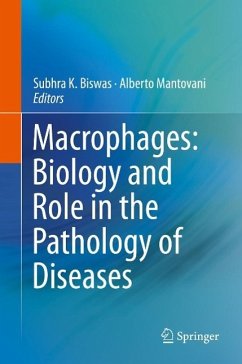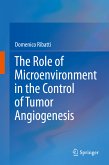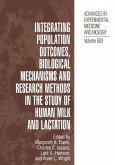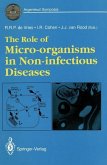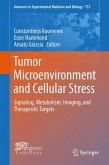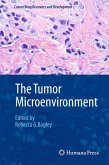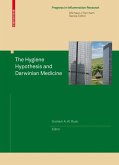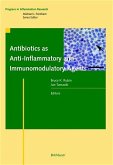Macrophages may also play a detrimental role. An overwhelming body of literature has indicated their crucial role in pathogenesis. The list includes sepsis, cancer, metabolic syndrome, immunodeficiency, auto-immune disease- virtually impacting every major pathology that we know. These observations have suggested macrophages and their related molecules as potential targets in therapeutic applications. Available evidence proclaims macrophages as a key player in homeostasis, host defense and disease. Crucial developments in the past few years call for a re-evaluation and update of our understanding of macrophages. The present book is an endeavour that attempts to provide state-of-the art knowledge of these cells in health and disease.
Dieser Download kann aus rechtlichen Gründen nur mit Rechnungsadresse in A, B, BG, CY, CZ, D, DK, EW, E, FIN, F, GR, HR, H, IRL, I, LT, L, LR, M, NL, PL, P, R, S, SLO, SK ausgeliefert werden.

